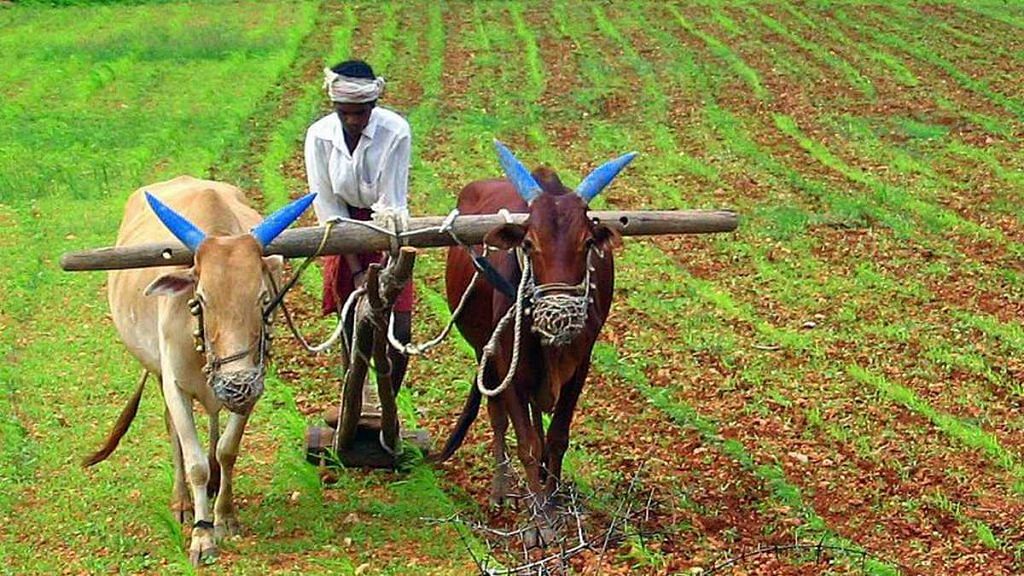Bengaluru: Organic farming is often touted as the better alternative to conventional agriculture, which is widely followed around the world today. And while it’s true that organic farming will reduce direct emissions, especially from livestock, if it becomes the preferred method, it could cause more damage to the environment than conventional methods.
A study conducted by researchers at the UK’s Cranfield University and published in Nature Communication Tuesday found that global emissions could go up 21 per cent if countries go fully organic.
The study set out to measure the size of the carbon footprint a country would have if it switched to organic farming, and discovered that contemporary ideas don’t often take into account the increased land requirement for it.
Also read: Modern agricultural methods may end up killing us more than cancer
What the study found
The exact definition of organic farming varies around the world. This study considered farming which avoids the use of synthetic pesticides and genetically modified organisms, and uses animal compost and natural practices like crop rotation to improve soil health.
The researchers discovered that greenhouse gas emissions from livestock would come down by 4 per cent and those from crop growth per unit of production by 20 per cent. But food yield would also be slashed by 40 per cent, and to compensate for this, more land would be needed, requiring massive deforestation. Forest areas and grasslands not only help in converting carbon dioxide to oxygen, but also act as big carbon storage sinks, so their loss would increase overall emissions by 21 per cent.
The use of biological manure actually helps curb emissions as there aren’t direct emissions from fertilisers such as nitrous oxide, and use of organic manure in the soil actually increases the amount of carbon stored. However, animals cannot be fattened quickly enough as this is done with hormones and supplements present in conventional feed, so they take longer to age and live longer as well, increasing the belching of methane, which is a major contributor to greenhouse emissions.
Both these ‘organic’ practices — modified animal farming and crop growth — require larger amounts of land to produce the same amount of food as conventional farming.
The researchers estimate that farmers would need 1.5 times the amount of land they do now. This number is especially notable considering UK’s agriculture produces very high yields of crops as compared to the rest of the world.
Changing diets not considered
The study follows several others that have come out recently and point out how organic farming is actually worse for the environment. Recent studies also seem to show the same result.
The UK study, however, does not consider changing diets being adopted around the world to deal with the global climate crisis. When critics pointed out this fact, the researchers clarified that the intention of their study was to merely check the emissions for the kind of diets that are followed today.
Also read: Going vegan won’t save the planet, but neither will current meat practices
